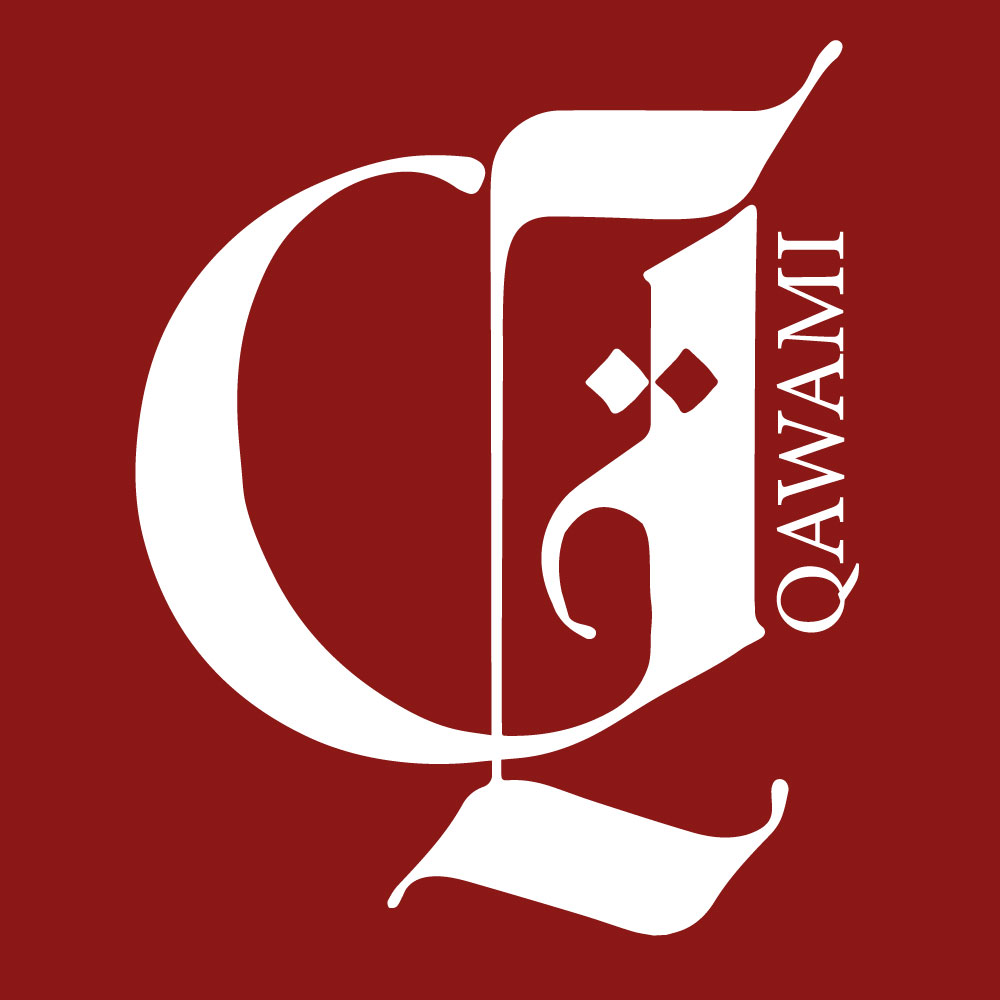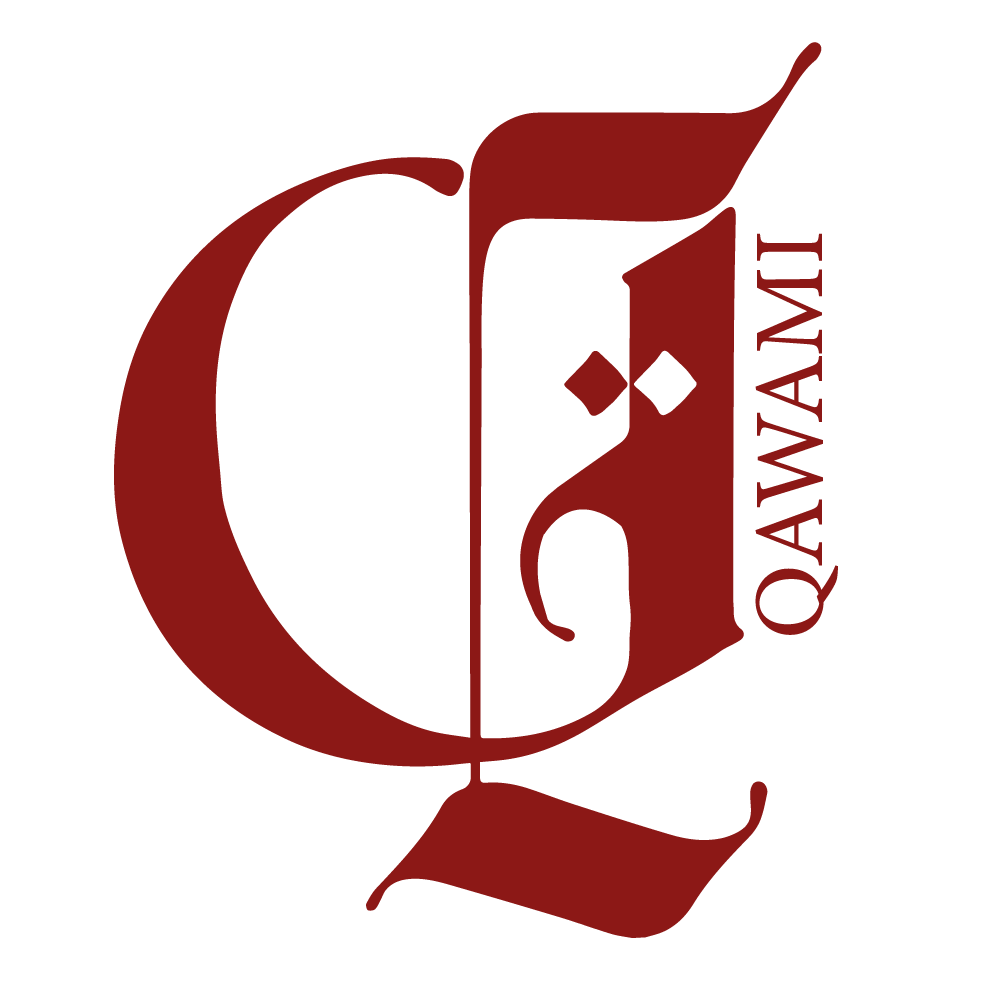Three steps are necessary for the realization of ELIPS: 1) Defining clearly the object through an analytical method; 2) Investigating six selected countries through field researches; 3) Organizing a general survey of the concerned legal systems.
Defining the object through an analytical method
In order to conduct our research about the pluralism of personal statuses and its relationship with the principle of equality, we need to use a definition that is clearly based on an analytical method. The preparation of the project has led us to such a definition: a legal order with a plurality of personal statuses that contains a set of differentiated statuses (that is, different from the status(es) of other nationals) of family law, based on the belonging (or non-belonging) to a religion-based community, acquired by birth or marriage, with or without the possibility of choice. By “personal-status law” or “family law”, we mean a corpus of legal rules concerning the family: not only different forms of marriages that can exist in countries without such plurality of personal statuses, but different rules concerning divorce, rights of spouses, filiation, adoption, inheritance. The criterion defined as “belonging to a religious-based community” excludes African legal systems (like Botswana, Lesotho, Malawi, Zambia, Zimbabwe, Uganda and South Africa) using only the distinction between customary communities (based on territorial rather than personal rules) and “general law” (linked with civil or religious marriages inherited from the colonial period). We admit that the linkage with the personal status is not always based on a religious affiliation, in particular when citizens can choose between different personal status options (ex. Senegal, Cameroon), but we consider that this religious component is present in all countries with a plurality of personal statuses. In some countries, one part of the population can be ruled by a personal status based on religion (e.g. Muslims), whereas the other part (non-Muslims) is ruled by other personal-status laws. In other countries, like Cameroon, Islamic personal-status law is not officially recognized: interpersonal conflicts are based on the opposition between “modern law” (with inter-territorial conflicts between the common law system in English-speaking regions and the civil law system in French-speaking regions) and the customary rules of about 250 ethnic groups. However, Alkaly courts concerning Cameroonians from the English-speaking area and of Muslim religion maintain a role for the criterion of belonging to a religious community. We have decided not to include Kuwait, Oman, Qatar and the United Arab Emirates in our list, although these countries’ personal-status codes contain specific rules for non-Muslims, since the latter constitute a non-representative minority.
The idea that personal status is “acquired by birth or marriage” leads to issues related to the presence or absence of its mention in the civil registries (a controversial question in Lebanon, Israel and in Indonesia), of the freedom of choice for the form of the marriage, and of the respective role of filiation and education in the determination of the personal status of a person.
In all countries, the principle of equality is interpreted as the obligation to treat equally persons who are in the same situations. Our research will not address the “principle of equality between men and women” as such, although, in many countries with a diversity of personal-status laws, women and men do not share the same condition. There is a specific field regarding equality issues in countries with diverse personal-status laws, as evidenced by recent rulings in India, Indonesia, Egypt, Lebanon, Cameroon, and Tanzania. We want to focus on cases and situations in which the principle of equality is invoked as being consistent or, on the contrary, inconsistent with the diversity of personal-status laws. For example, when one party to a conflict claims that women (or children) from their community enjoy less rights than women (or children) from another community submitted to a less discriminatory personal-status law.
In several Asian and African countries, in recent years, transformations of criminal law based on the right to privacy, equality and non-discrimination have also indirectly affected personal status through the development of general rules applicable to all individuals (e.g. abortion laws, laws regarding domestic violence, decriminalization of homosexuality, laws regarding out-of-wedlock sexual intercourse). All these developments also deserve to be studied, but ELIPS will focus on family law in the six countries where new developments show an increasing conflict between the diversity of personal-status laws and the principle of equality. We do not underestimate the risks related to the political situation in some of these countries, nor do we ignore the development of similar configurations in other countries with a diversity of personal-status laws. Nevertheless, these risks are reasonable and manageable, provided that we show flexibility in our choices according to the development of local circumstances.


